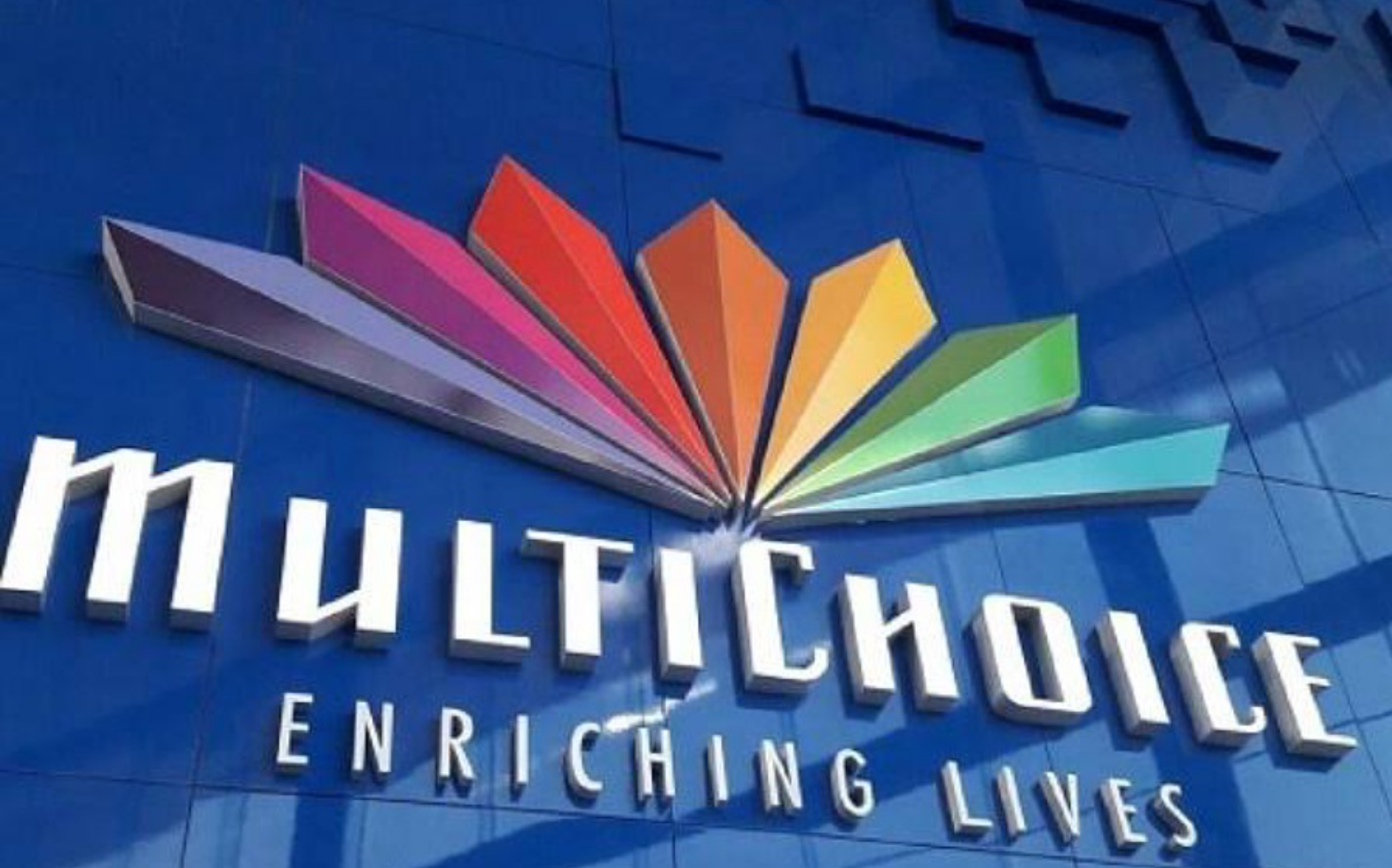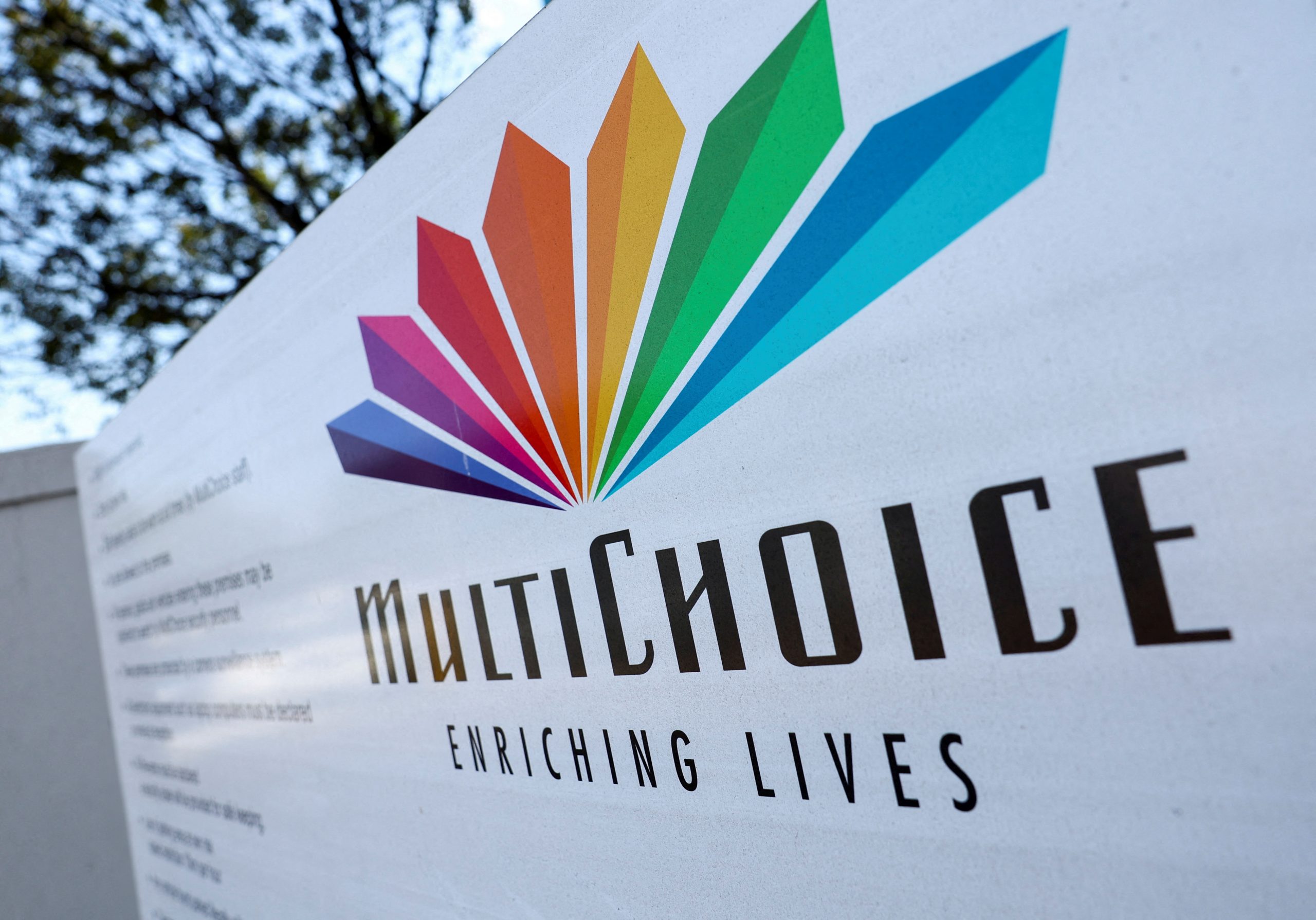In a landmark move for the African media landscape, Canal+ has received the green light from South Africa's Competition Tribunal to acquire MultiChoice, the continent's largest pay-TV operator. The deal,
Did You Know
The shortest war lasted 38 minutes.
?
AD
valued at approximately $2 billion, positions Canal+ to expand its presence in a rapidly evolving market, reflecting a strategic effort to capitalize on the growing demand for diverse entertainment options across Africa. With its extensive content portfolio, Canal+ is set to enhance the viewing experience for millions while increasing competition among media providers.
Canal+ has steadily increased its stake in MultiChoice since 2024, now holding over 40% of the company. This gradual accumulation of shares underscores the French media giant's commitment to deepening its ties within the African entertainment sector. What distinguishes this acquisition is the emphasis on local ownership safeguards and funding pledges for South African content, which aim to bolster the region's creative industries and ensure that local voices are amplified in the media landscape.
The approval process was marked by intense scrutiny, focusing on anti-trust considerations that highlight the balance of competition within the market. By navigating these regulatory hurdles successfully, Canal+ is not only charting a course toward significant financial investment but also reshaping the dynamics of the African media industry. This acquisition heralds a new era of potential growth, as Canal+ is poised to channel resources into enhancing local programming, diversifying audience offerings, and fostering a vibrant entertainment ecosystem in South Africa and beyond.
Q&A (Auto-generated by AI)
What is Canal+'s strategy in Africa?
Canal+ aims to expand its footprint in Africa by acquiring MultiChoice, a leading pay-TV provider. This strategy allows Canal+ to tap into the growing African media market, which is characterized by increasing demand for diverse content and digital services. By integrating MultiChoice, Canal+ can leverage its existing content and distribution networks to enhance its offerings in the region.
How does this deal affect MultiChoice's future?
The acquisition by Canal+ positions MultiChoice for growth and innovation. With the backing of a larger media conglomerate, MultiChoice can access more resources for content creation and technological advancements. However, it must navigate the challenges of maintaining local relevance while integrating Canal+'s global strategies.
What are the implications of antitrust laws here?
The approval from South Africa's Competition Tribunal indicates that the acquisition meets local antitrust regulations, ensuring that it does not create a monopoly. This approval often comes with conditions, such as local ownership safeguards and content funding commitments, aimed at protecting competition and promoting local industry.
What is the significance of pay-TV in Africa?
Pay-TV in Africa represents a crucial segment of the media landscape, providing access to diverse content, including sports, movies, and local programming. It is significant for fostering cultural exchange and providing entertainment options in regions with limited access to free-to-air channels, thereby driving consumer engagement and advertising revenue.
How has Canal+ expanded its global presence?
Canal+ has expanded globally through strategic acquisitions and partnerships, notably in Africa and Europe. By acquiring local media companies like MultiChoice, it enhances its content library and distribution capabilities, allowing it to compete more effectively in emerging markets and adapt to local consumer preferences.
















